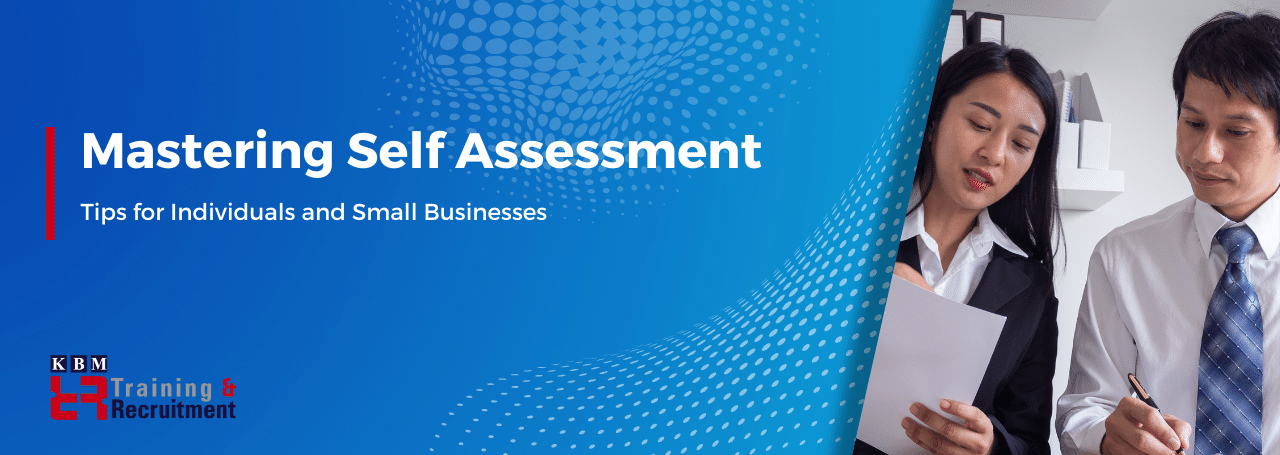Self-assessment is a fundamental aspect of tax compliance for individuals and small businesses in the United Kingdom. This comprehensive guide aims to provide actionable tips and strategies for mastering Self-assessment, covering key areas such as preparation, submission, deadlines, deductions, and common pitfalls to avoid.
Understanding Self-Assessment
Self-reporting, a method employed by HM Revenue and Customs (HMRC), is not just a requirement but a powerful tool for individuals and small enterprises to manage their income tax. It empowers taxpayers to declare their earnings, expenditures, and pertinent financial details within a designated tax period, giving them control over their tax obligations.This approach is relevant for independent workers, sole proprietors, business partners, corporate executives, and property owners.
Organising Your Financial Records
Effective organisation of financial records is not as daunting as it may seem. Keep detailed records of income, expenses, invoices, receipts, bank statements, and other financial documents throughout the tax year. Use accounting software or spreadsheets to track transactions and categorise costs accurately.This straightforward approach will save time and effort when preparing your Self-Assessment tax return, giving you confidence in your ability to handle the process.
Claiming Allowable Deductions
Maximising allowable deductions is critical to reducing taxable income and lowering tax liability. Familiarise yourself with HMRC's guidelines on deductible expenses, including business costs such as office rent, office supplies like stationery, travel expenses for business trips, professional fees for services like legal advice, and contributions to pension schemes. Maximise your tax position by claiming all eligible deductions while maintaining compliance with tax regulations.
Calculating Taxable Income and National Insurance Contributions
Self-assessment involves accurately calculating taxable income and national insurance contributions (NICs), which are payments made by employees and employers towards the cost of certain state benefits. Taxable income is calculated for self-employed individuals by deducting allowable expenses from total revenue.Use HMRC's tax calculators or consult a professional to determine your taxable income and NICs liability. Pay attention to tax rates, thresholds, and reliefs that may apply to your situation.
Meeting Self-Assessment Deadlines
Timely submission of self-assessment tax returns is not just a suggestion, it's a crucial step to avoid penalties and interest charges. The deadline for submitting online tax returns is usually 31 January following the end of the tax year (5 April).Plan and gather all necessary information to meet the deadline without last-minute stress. Consider using HMRC's online services or tax software for efficient submission. This timely action is key to maintaining your tax compliance.
Avoiding Common Self-Assessment Mistakes
Be aware of common mistakes that taxpayers often make during the self-assessment process. These may include incorrect data entry, omission of income or expenses, misinterpretation of tax rules, and failure to keep accurate records.Double-check your tax return for accuracy, review HMRC's guidance and tax codes, and seek professional advice to avoid costly errors.
Wrap up
Mastering Self-assessment requires careful preparation, accurate record-keeping, knowledge of tax rules, and adherence to deadlines. By organising financial records, claiming allowable deductions, calculating taxable income and NICs correctly, meeting submission deadlines, and avoiding common mistakes, individuals and small businesses can navigate the self-assessment process effectively and ensure tax compliance, which means fulfilling all tax obligations and requirements set by HMRC. Stay informed, seek guidance when needed, and take proactive steps to manage your tax affairs confidently.






















